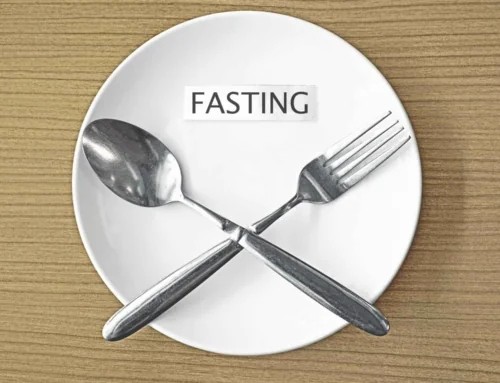Shana Tova! It is once again the start of the High Holy Days, which starts with the celebration Rosh Hashanah, the new year according to the Hebrew calendar. Something special is happening this year though, year 5782… Shmita.
In modern language a sabbatical typically is referring to a break from work. You will hear that a professor for example is taking a sabbatical to go study or travel in order to enhance their abilities and rest. This however is actually a reference to Shmita or the sabbath year in Jewish culture.
Sabbatical year or shmita, which translates to “release”, is the seventh year of the agricultural cycle and calls for all agricultural land to rest for a year beginning at Rosh Hashanah. There should be no plowing, planting, pruning or harvesting done for the entire year. You are also supposed to give away any stores of food or leftover growth away freely and forgive all debts. It is essential a reset for everyone and the land.
Shmita or the sabbatical year is mandated in biblical passages such as:
“For six years you are to sow your fields and harvest the crops, but during the seventh year let the land lie unplowed and unused. Then the poor among your people may get food from it, and the wild animals may eat what is left. Do the same with your vineyard and your olive grove.”- Exodus 23:10-11
“Speak to the Israelites and say to them: ‘When you enter the land I am going to give you, the land itself must observe a sabbath to the Lord. For six years sow your fields, and for six years prune your vineyards and gather their crops. But in the seventh year the land is to have a year of sabbath rest, a sabbath to the Lord. Do not sow your fields or prune your vineyards. Do not reap what grows of itself or harvest the grapes of your untended vines. The land is to have a year of rest. Whatever the land yields during the sabbath year will be food for you—for yourself, your male and female servants, and the hired worker and temporary resident who live among you, as well as for your livestock and the wild animals in your land. Whatever the land produces may be eaten.” Leviticus 25:2-7
Back ancient Israel, every seven years all debts would be forgiven along with the rest of the land. Much of the practice disappeared in Israel after the second Diaspora as it was seen to apply to only land within Israel, and non-Jewish owned land was not held to the same requirements.
After the end of the seventh shmita, which would take place over 49 years, there would be a “Jubilee”. This would require all land to be returned to its original owner. This practice has not been done though since before the First Diaspora, which is believed to have been due to the majority of Jews no longer living in Israel, making it difficult to return the land.
Shmita in Modern Israel
So is shmita still practiced in modern Israel? The answer is both yes and no. It has at times been difficult as Israel has to be careful with its food supply for national security reasons. The vast majority of food consumed in Israel is produced in Israel.
Some Israeli’s believe that the sabbatical years fall under the same edict as the Jubilee which isn’t practiced anymore and wasn’t even during the Second Temple period. Therefore they choose not to follow the practice.
Others practice shmita in a bit of a loophole. They temporarily “sell” the land to Gentiles and continue to produce crops. This was a very common practice during the early days of Jews returning to the land as there were many struggles for non-farmers starting to farm in a hostile environment just starting out.
There are some organizations now that are offering to help support Jewish farmers during this time in order to truly observe shmita, not only as a religious act but as an ecological sustainability act. Environment advocates around the world have praised the practice and said they wished it was more actively followed.
Many kibbutz are agricultural producers and have tried to work within the confines of the practice. One thing they do is rest the land, but then grow hydroponic crops instead in facilities erected on but not in the land. The soil is still left to rest. They then donate their profits.
And still some completely follow shmita, in its original form!
We wish you shana tova and hope we will be able to welcome you to Israel next year!







